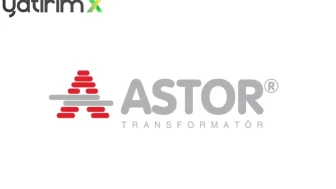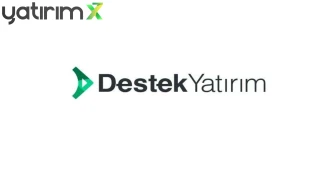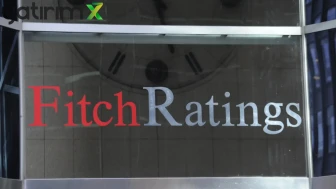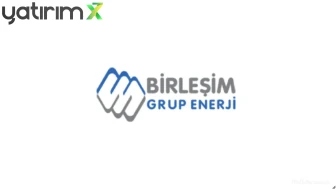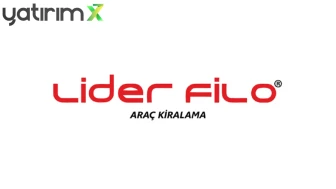In the first quarter of 2025, publicly traded companies in Turkey’s information technology and software sector delivered robust financial results. Logo Software, VBT Software, and Hitit Computer Services stood out by reporting significant year-over-year increases in net profits, drawing strong attention from investors.
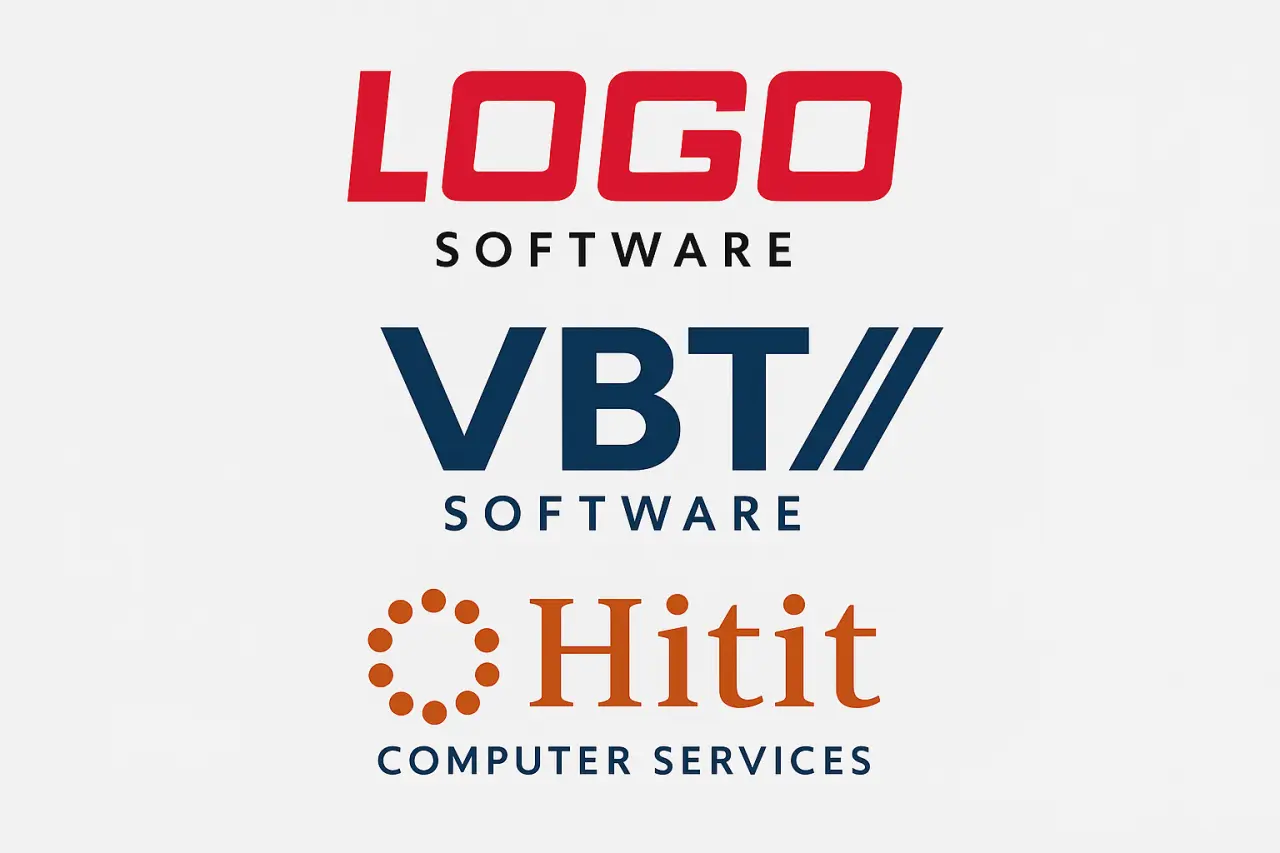
Logo Software (LOGO) – Net Profit: TRY 730.2 Million
Logo Software reported a net profit of TRY 730.2 million in Q1 2025, reversing a net loss of TRY 49 million in the same period last year. Revenue rose by 13% year-over-year to TRY 1.05 billion, while EBITDA increased by 33% to TRY 413.2 million, reflecting improved operational efficiency and financial discipline.
Founded in 1984, Logo Software is one of Turkey’s largest enterprise software providers. It offers ERP, accounting, and supply chain management solutions, and operates internationally through subsidiaries in Romania and Germany.
VBT Software (VBTYZ) – Net Profit: TRY 80 Million
VBT Software posted a net profit of TRY 80 million in Q1 2025, representing a 154% increase compared to the previous year. Although its revenue declined, the company benefited from effective cost control and increased financial income.
Founded in 1993, VBT specializes in software solutions for banking, government, and cybersecurity. It operates across Turkey, Europe, and Africa, delivering mission-critical IT infrastructure and services.
Hitit Computer Services (HTTBT) – Net Profit: TRY 65.7 Million
Hitit reported a net profit of TRY 65.7 million in the first quarter of 2025, a 46% increase year-over-year. The company’s foreign-currency contracts and international customer base contributed significantly to its strong performance.
Established in 1994, Hitit develops aviation IT solutions, including passenger service systems (PSS), reservation platforms, and loyalty programs. Its clients include Pegasus Airlines and Royal Air Maroc, and the majority of its revenue is generated from exports.
Sector Outlook
The strong Q1 performance of the Turkish IT and software sector reflects its structural strengths—foreign currency revenue, scalable business models, and high operating margins. The positive momentum is expected to continue into the second quarter, particularly for export-driven companies.
| Company | Net Profit Q1 2024 (m TL) | Net Profit Q1 2025 (m TL) | YoY Change (%) |
|---|---|---|---|
| Logo Software | -49.0 | 730.2 | +1590.2% |
| About: Founded in 1984, Logo Software is one of Turkey’s largest enterprise software companies. It develops ERP, accounting, and supply chain solutions and operates internationally through subsidiaries in Romania and Germany. | |||
| VBT Software | 31.5 | 80.0 | +154.0% |
| About: Established in 1993, VBT Software provides IT and cybersecurity solutions for banking and government sectors. It operates across Turkey, Europe, and Africa with a focus on public tenders and large-scale infrastructure projects. | |||
| Hitit Computer Services | 45.0 | 65.7 | +46.0% |
| About: Founded in 1994, Hitit is a leading provider of aviation IT solutions. It serves over 60 airlines in more than 40 countries, offering reservation, ticketing, loyalty, and operations software. Clients include Pegasus, Royal Air Maroc, TAROM, and Azerbaijan Airlines. | |||
The Rise of Technology in Turkey: From Local Software to Global Reach
Over the past two decades, Turkey's technology landscape has evolved from hardware-dependent consumption to a more export-driven, software-based production model. Especially after 2010, areas such as cloud computing, enterprise software, cybersecurity, and aviation technologies have experienced rapid development.
Government Support and Private Sector Momentum
Support from institutions like TÜBİTAK, the expansion of technoparks, and an increase in venture capital activity have played a crucial role in shaping this growth. Companies like Logo, VBT, and Hitit have emerged not only as local success stories but also as international service providers with operations spanning Europe, the Middle East, and Africa.
Growing Software Exports
As of 2025, Turkey’s software exports have exceeded $5 billion, and firms like Logo, VBT, and Hitit are key contributors to this momentum. Logo operates in Romania and Germany, VBT delivers software projects across government and banking sectors in multiple continents, while Hitit serves over 60 airlines in more than 40 countries.
Talent and R&D Investment
Top-tier universities such as METU, Boğaziçi, and ITU have become crucial pipelines for technical talent. These engineers are now driving R&D and innovation within Turkish firms, pushing the country’s tech companies from being technology consumers to creators on the global stage.
Competitive Positioning: Hitit vs. Global Aviation Tech Giants
Hitit Computer Services stands out in the global aviation IT market by focusing on cost-effective, scalable solutions tailored for regional and emerging-market carriers. While giants like Amadeus (Spain) and Sabre (USA) dominate the space with comprehensive legacy systems, Hitit differentiates itself through agility and affordability.
Amadeus and Sabre primarily serve full-service, flag carrier airlines with end-to-end passenger service systems (PSS), revenue management, and GDS (global distribution) integration. Their platforms are often deeply embedded into large airline operations, but this comes with high cost, longer deployment times, and less flexibility.
Hitit, by contrast:
Targets mid-size and low-cost carriers,
Offers modular and quickly deployable software,
Competes on pricing while maintaining operational depth,
Serves over 60 clients across 40+ countries — including Pegasus, Air Cairo, and Royal Air Maroc.
Another notable competitor, Travelsky (China), dominates the Asian market but is less present globally. Hitit’s edge lies in its ability to penetrate regions underserved by these incumbents — particularly in the Middle East, North Africa, and Central Asia.
In summary, while Amadeus and Sabre lead the industry in size and infrastructure, Hitit is winning ground in flexibility, localization, and time-to-value. It may not yet rival the global giants in scale, but its strategic position as a focused challenger is becoming increasingly visible on the international stage.













